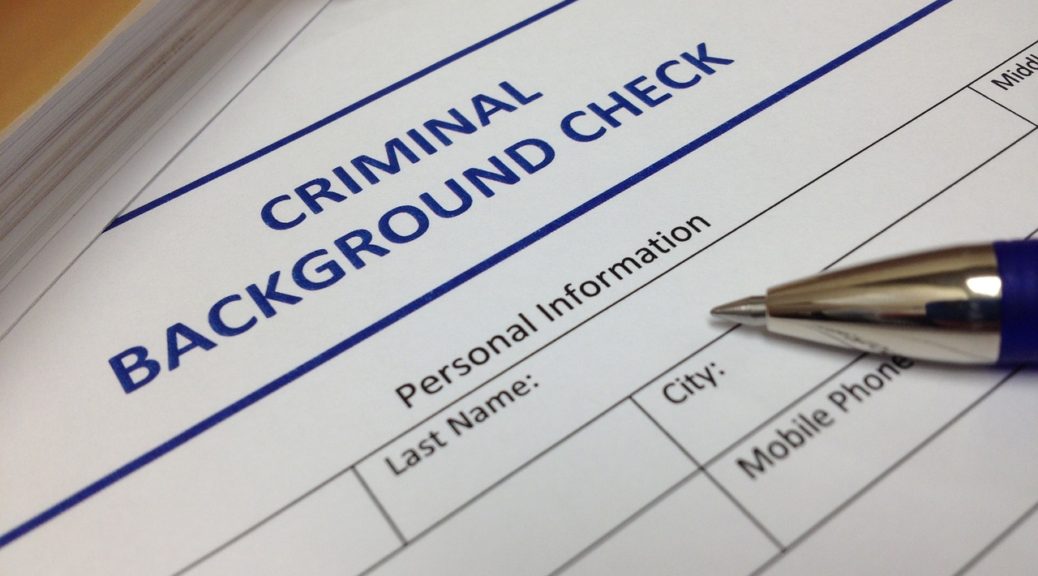
How to Clear Criminal Record in Canada & India to Get PCC
An allegation is enough to spoil a life. It can put one’s career at stake. Think of a scenario wherein an NRI was falsely caught up in the claws of the law. His piece of land was confiscated by the land mafia. When he raised voice, the lawbreaker conspired and put him behind the bar. However, he was innocent. But eventually, his name was registered in the list of criminals. The case was filed.
It cast negative impact over him. His visa was cancelled. The police kept his passport. All in all, the law thrashed him badly.
This is just an example. Hundreds of people are going through similar allegation. Despite being innocent, they have to undergo the physical as well as psychological sentence.
How can criminal record harm you?
If you’re alleged for disrespecting the law, your life changes completely. No insurance company seems ready to sell its policy to you. Even, you can’t take a loan to combat the financial crisis. Moreover, your banking transactions are sealed. If it’s permitted, the spies pry into your life.
If you think it’s the end of the torments, it’s not. None of the companies hires you. If, somehow, you get the job, the revelation brings a bad name. The reputed companies endeavor to maintain distance from such people. Hiring a house or a vehicle on rent becomes a hard nut to crack.
These are a few stances to analyse how much harm you can bear. Such circumstances can trap you in India or anywhere.
Here I’ll share what the procedure of maintaining such records in Canada. And what can you do to get off from such a critical situation. First, I’ll start with the Canada.
How criminal records are maintained in the Canada?
The criminal records in the Canada are captured and stacked at the Canadian Police Information Centre (CPIC). It is the competent authority to issue police clearance certificate. Since the officials at this center maintain a proper record, they turn over their registers and fetch all such details.
It’s true that such records can be eliminated from public view. But certain conditions are applied. If you’ve such record, you can file a plea to suspend it. But your crime should fall under these guidelines:
- You’ve been convicted and have completed the punishment of the sentence.
- You’re successfully mingled into the society.
- There should be no conviction for committing crime against the children.
- You should not be sentenced for two or more years.
If your criminal background covers the aforementioned guidelines, you gain the chances to get a police clearance certificate (PCC). But the person should have been living there. Suppose a person spends six months. He must have to fill an online application for the PCC or get it directly from the police commissioner.
How can you get police clearance certificate in Canada?
The CPIC can keep your criminal record under the cover. You have to make a personal request to them. It’s a legal act. Once it will scrutinize, it’ll approve your request. Subsequently, you would be untraceable in the police records. You’ll be able to kick-start a new life. Mingle in the society. And also, the employers will not be able to know anything suspicious about your history.
Bear in mind that you’ll get such leverages provided that you’ll not breach the law again. On the contrary, you can be caught up in the noose of law if you redo the crime. The police will launch your criminal record to the public view again. Consequently, your productivity will be retarded. The federal authority will get exposure of your criminal background.
What’s the process of criminal record suspension in India & Canada?
- Suspend such records in the Canada-How:
It would be a herculean task to suspend such offensive claims of self. You need to make hundreds of rounds at the CPIC. The paperwork will not be like a piece of pie. Therefore, it’s advisable to take the help of a professional advocate. You need to walk through fingerprinting several times. So, deploy a professional to help you out.
Timeframe for completion of suspension process:
It can be 12 month or 244 month long process. The Canadian Parole Board usually takes that much time. Hold your horses. And don’ forget to hire the professional.
- Suspend criminal charges in India-How:
- Lodge complaint with appropriate authority regarding wrong allegation.
- Don’t provide any evidence to the investigation officer as it’s not mandatory. He/she will provide it.
- Lodge a police complaint. If the police is not responding against false allegations, you can file a case on these grounds:
- The case doesn’t comprise any offence under the law.
- The complainant doesn’t have any evidence against you.
- You have the concrete proof of your innocence that you can provide in the court.
- If you don’t possess any proof of your innocence, seek the Notice of Acquisition immediately to contest in the court.
- During trial, you can seek the evidences from the opposition. In the absence of original proofs, the court would cross-examine & nullify charges.
- The court will consider you as a witness himself/herself. You’ll get an equal weighted as some other proof.
- You can book the defaulter under a damage case.
- You can book the advocates helping the defaulters for manipulating the law.
- The officers/authority accompanying manipulators/defaulters can be sued if the default is proven mechanical in nature. You can seek action against them from the court.
- You can file case in the subordinate judiciaries of the High Court & the Supreme Court.







 this is link
this is link